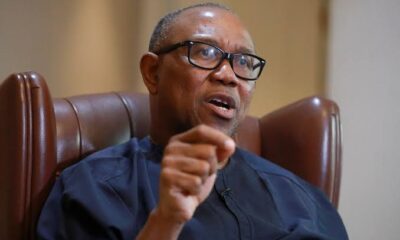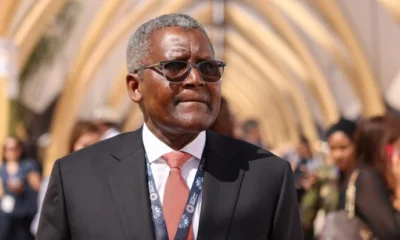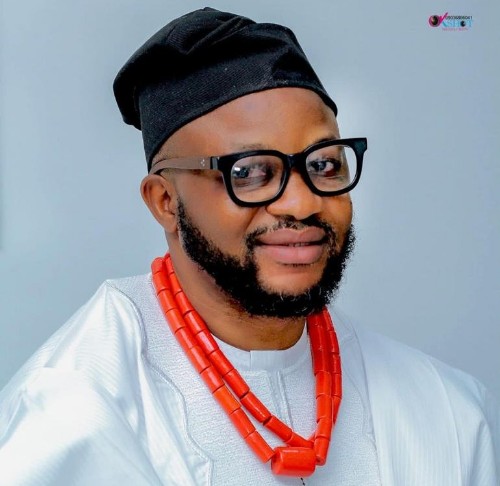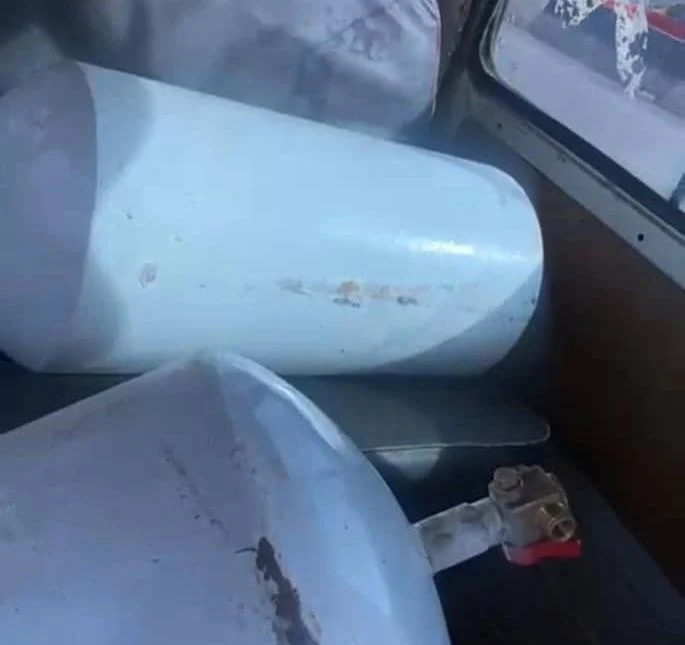The Federal Government has paid $120m out of the $1.3bn indebtedness to gas companies for the supply of gas to run gas-fired power plants across the country.
Due to the Gencos’ debt to gas-producing companies, certain gas providers have curtailed their supply, while others have stopped providing the commodity to power-generating companies, resulting in Nigeria currently experiencing a low power supply.
Chief Adebayo Adelabu, the minister of power, recently disclosed that the reason for the decline in power generation and consequent low supply since January was that gas providers ceased providing gas for electricity generation because the industry was owing to gas producers.
Nigeria gets more than 70 per cent of its electricity from thermal power plants that run on gas. The remaining amount of electricity comes from hydropower-generating plants.
Speaking at the ongoing 7th Nigeria International Energy Summit in Abuja on Thursday, the Director, Decade of Gas Secretariat, Ed Ubong, expressed excitement that the Federal Government had cleared $120m out of the $1.3bn gas debts.
The Decade of Gas Secretariat is under the Federal Ministry of Petroleum Resources (Gas). The Federal Government is subsidising electricity by paying for the gas used in generating power, as Nigerian power users are currently not paying the exact amount for electricity.
“As of last year, that (gas debts) was about $1.3bn, depending on how you add up the numbers. But I am pleased that between October and the end of January, the government has paid over $120m to offset some of that money,” Ubong stated.
On February 15, 2024, The Press that the indebtedness of Nigeria’s power sector to electricity generating companies and gas producers had risen to about N3.3tn.
The report also stated that subsidy on electricity for 2024 would gulp about N3tn, whereas only N450bn was budgeted for this purpose in this year’s budget, adding that the government had stated that it was now very difficult to sustain power subsidy.
The power minister had said Nigeria must begin to move towards a cost-effective tariff model, as he revealed that the country was currently indebted to the tune of N1.3tn to electricity generating companies, while the debt to gas companies was $1.3bn.
Meanwhile, Ubong told delegates at the summit on Thursday that the government was developing a framework to address the lapses that often lead to such humongous gas debts in the power sector.
“More importantly, the government is also now working a framework that can mitigate most of that failure. That’s a piece of work that is ongoing and we hope that it will be approved and then the industry can move away from that legacy issue.
“We must build capacity for that. Capacity for the engineers, technicians that will work in this new gas sector that we are looking at for the next eight months. And as the secretary, we are committed to that,” he stated.
He said the Decade of Gas secretariat was sourcing competent personnel that would support the government in achieving the goals of Nigeria’s gas industry.
“We are looking for interns, we are looking for young people who are willing to join us and then provide their time and energy supporting the wider and bigger goals of the sector.
“For the first time, we now have a ministerial committee. One that involves the Minister of State for Gas and the Ministry of Power, because power and gas, they go together.
“We are confident that when that becomes fully operational, that critical link between gas and power will lead to more sustainable solutions going forward,” Ubong stated.
- NNPCL Calls For Deeper Collaboration
The revelation by Ubong came as the Nigerian National Petroleum Company Limited called for deeper collaboration among upstream operators, especially independent producers, to find solutions to the challenges hindering the effective development of divested assets in the oil sector.
The company’s Executive Vice President, Upstream, Oritsemeyiwa Eyesan, made the call at a panel session in the ongoing summit in Abuja, while speaking on the theme, ‘Innovation, Collaboration, and Resilience: Empowering Independent Producers in the Dynamic Energy Era.’
Eyesan stated that past experiences with divestments and how the assets were operated had left much to be desired as most of them experienced a drop in production rather than growth.
“In the industry, if you want to measure success, there are some basic indicators that you utilise – production growth, reserves growth, and asset integrity. If I were to evaluate prior investment initiatives and scale the actors using these indices, I will be untrue to myself if I say everybody has done well.
“Yes, we acquired the assets, but today, we are worse off in terms of production than we were when we did the acquisition,” she stated.
Eyesan, however, acknowledged that there were some success stories in the operations of the independent producers.
She identified some of the challenges to include insecurity, lack of finance and lack of technological capacity, stressing that with collaboration among industry players, the challenges could be surmounted.
“Collaboration cannot be overemphasised. Somebody said we should be in a state of emergency, and I agree with that. It’s not by sitting here and talking about the challenges.
“I think we should have a war room where we raise the issues and set out concrete plans to resolve them rather than wait for stakeholders individually to take them on. We need collaboration, collaboration, and collaboration,” she stated.

 BIG STORY4 days ago
BIG STORY4 days ago
 BIG STORY2 days ago
BIG STORY2 days ago
 BIG STORY3 days ago
BIG STORY3 days ago
 BIG STORY4 days ago
BIG STORY4 days ago
 BIG STORY4 days ago
BIG STORY4 days ago
 BIG STORY4 days ago
BIG STORY4 days ago
 BIG STORY3 days ago
BIG STORY3 days ago
 BIG STORY13 hours ago
BIG STORY13 hours ago






















